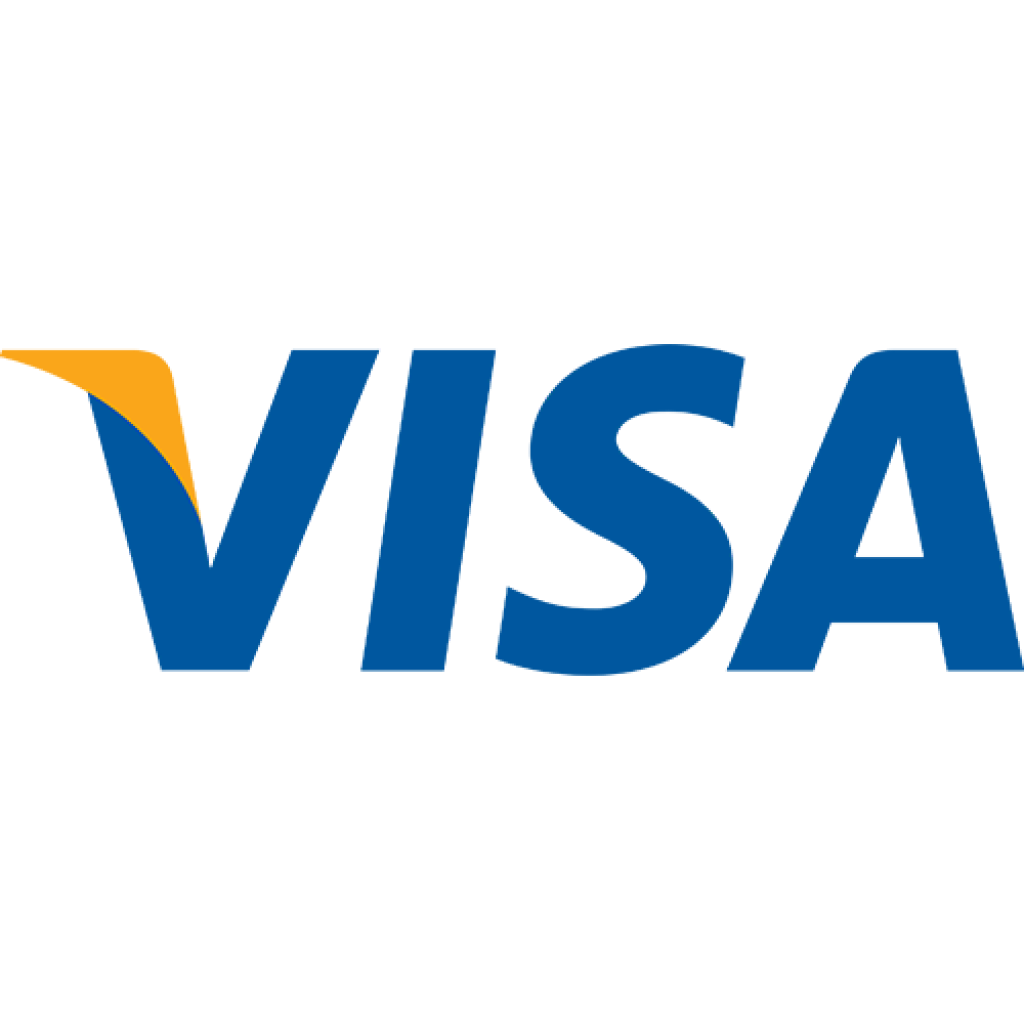
How to Set Realistic Fitness Goals: A Step-by-Step Guide for Success
Setting realistic fitness goals is key to achieving long-term health and wellness. Many people start their fitness journey with grand ambitions—dreams of six-pack abs or
Free Shipping Over $100 & Free Returns
+353 894 433 997
Home » Nutrition Tips for Building Muscle: Your Ultimate Guide
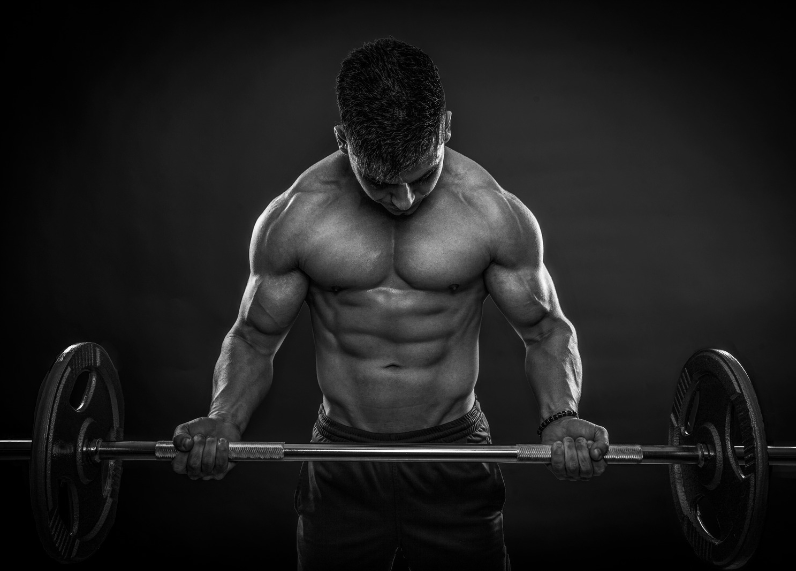
Building muscle isn’t just about lifting heavy weights; it’s also about fueling your body with the right nutrients. Nutrition plays a critical role in muscle growth, repair, and overall performance. Whether you’re a seasoned athlete or just starting your muscle-building journey, understanding the right foods to fuel your progress is essential. In this blog, we’ll discuss key nutrition tips to help you maximize muscle growth and maintain overall health.
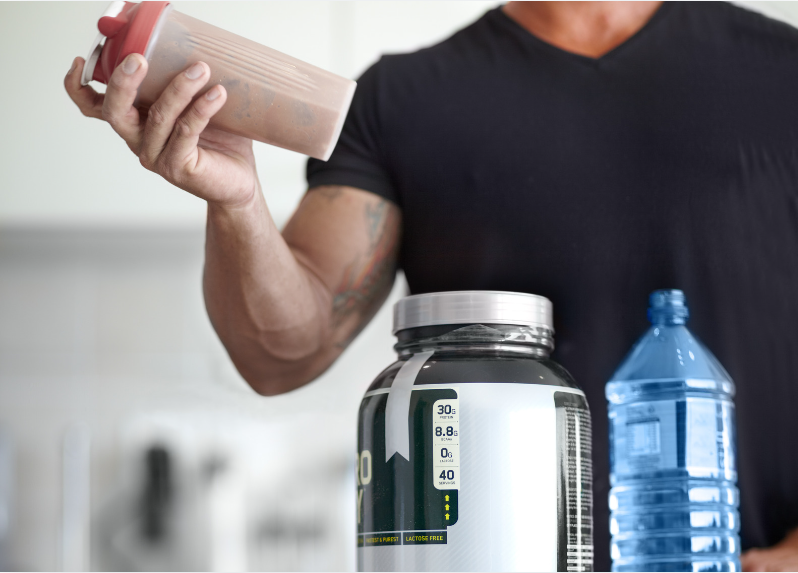
Protein is often referred to as the building block of muscles for a good reason. It provides the essential amino acids your body needs to repair and grow muscle tissues. When you engage in strength training or resistance exercises, your muscles undergo small tears that need to be repaired—this is where protein comes in.
For effective muscle building, aim to consume 1.6 to 2.2 grams of protein per kilogram of body weight. This range ensures you provide your body with enough fuel to repair muscle tissue post-exercise. If you weigh 70 kg, you should consume around 112-154 grams of protein daily.
Incorporating a variety of these protein sources ensures a balanced intake of essential amino acids.
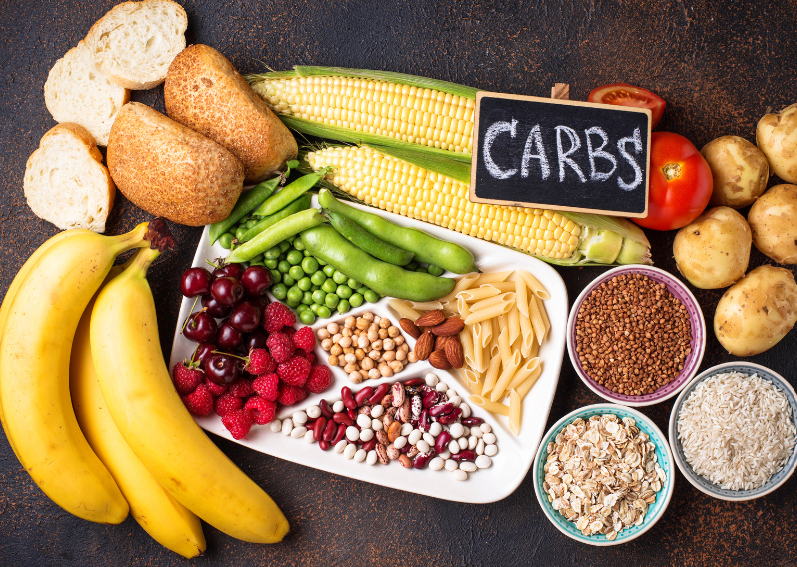
Carbohydrates often get a bad reputation, but they are essential for muscle growth, especially when paired with a good strength training program. Carbs serve as your body’s primary source of energy, and consuming enough carbohydrates helps you maintain high-intensity workouts and recover quickly.
Aim to include complex carbohydrates in every meal for sustained energy throughout the day.
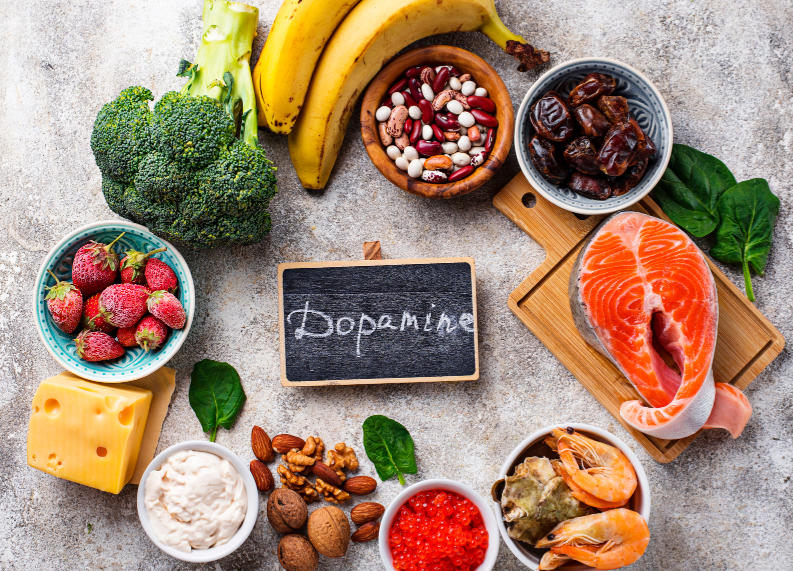
Healthy fats play a crucial role in hormone regulation, including testosterone production, which is essential for muscle growth in both men and women. Additionally, fats provide a concentrated energy source, which is particularly important for those in intense training programs.
Including about 20-35% of your daily calories from fats helps ensure proper hormonal balance and energy availability.
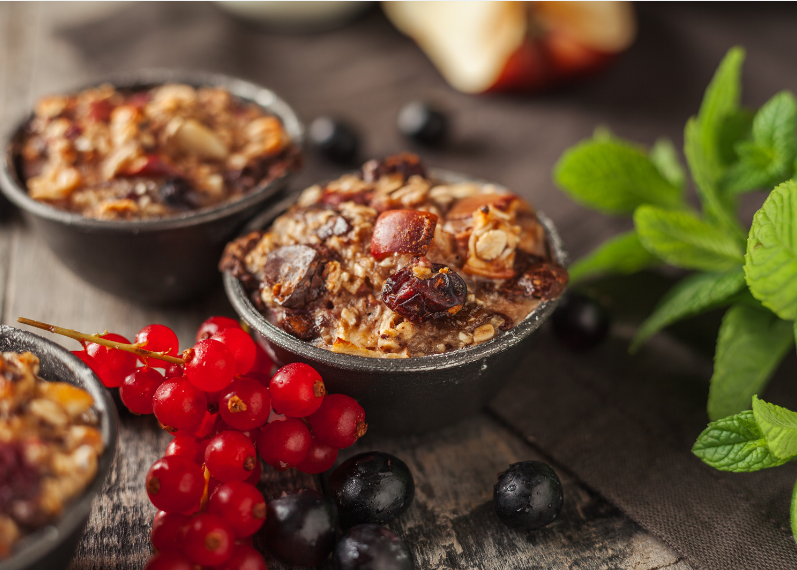
When you eat can be just as important as what you eat, particularly when it comes to maximizing your workout efforts. Eating the right foods before and after exercise can significantly impact your muscle gains and recovery.
Fueling up before a workout gives you the energy to push harder and longer. A combination of carbohydrates and protein is ideal.
After your workout, your muscles are primed to absorb nutrients and begin the repair process. A meal or snack containing protein and carbohydrates within 30-60 minutes after exercise is crucial for recovery.
Examples of Post-Workout Meals:

Hydration is often overlooked in muscle-building discussions, but it’s a key factor for muscle function, recovery, and overall performance. Dehydration can lead to decreased strength, poor muscle contractions, and slower recovery.
Water helps transport nutrients to your muscles, regulates body temperature, and flushes out toxins that can cause fatigue.

While macronutrients like protein, carbs, and fats get the spotlight, micronutrients (vitamins and minerals) are equally important in muscle building. These nutrients play various roles, from supporting muscle repair to maintaining energy levels.
Including a variety of fruits and vegetables in your diet will help ensure you get the necessary vitamins and minerals for muscle growth.
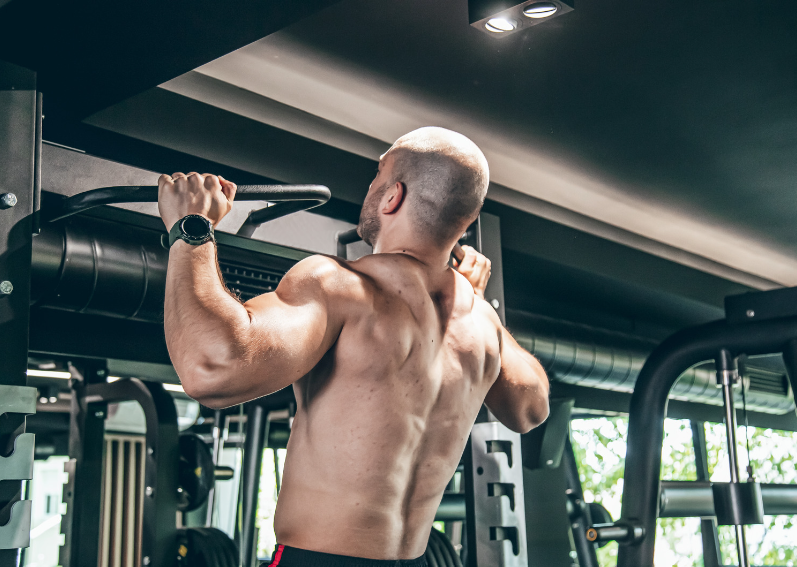
While whole foods should make up the majority of your diet, certain supplements can support muscle growth, especially if you struggle to meet your nutritional needs through food alone.
Always consult a healthcare professional before starting any supplement regimen.

Rest and recovery are crucial aspects of building muscle. Your muscles need time to repair and grow after intense workouts, and sleep is one of the most important recovery tools. Lack of sleep can negatively impact muscle growth and overall performance.
Building muscle requires a combination of strength training, proper nutrition, hydration, and adequate recovery. By increasing your protein intake, balancing your carbs and fats, timing your meals strategically, and staying hydrated, you’ll optimize your muscle-building efforts. Incorporating a variety of whole foods, paying attention to micronutrients, and considering key supplements can take your results to the next level. Finally, remember that muscle building is a long-term process that requires consistency, patience, and dedication.

Setting realistic fitness goals is key to achieving long-term health and wellness. Many people start their fitness journey with grand ambitions—dreams of six-pack abs or
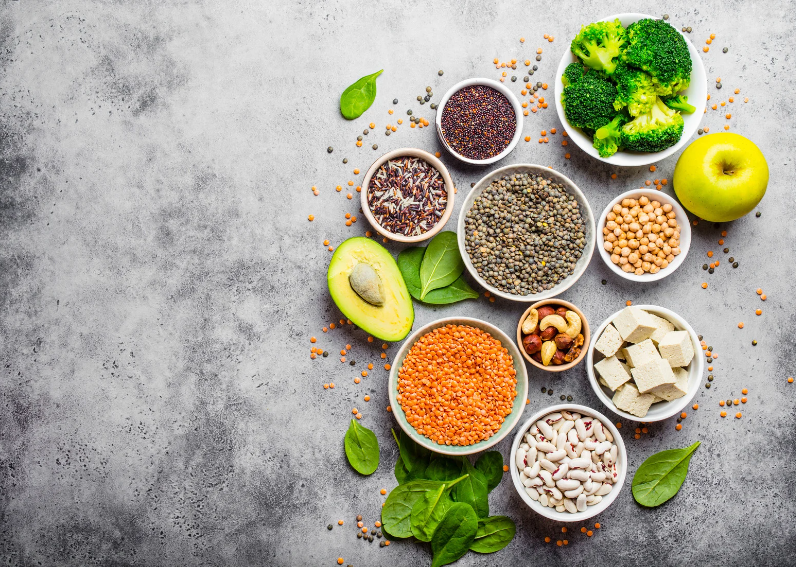
Proper nutrition is an essential component of any successful fitness routine. Whether you’re aiming for fat loss, muscle gain, or improved endurance, what you eat

In today’s fast-paced world, staying fit is a priority for many. With the advancement of technology, tracking fitness goals and maintaining progress has become easier

Every fitness enthusiast has experienced it at some point – that frustrating moment when progress stalls, and the results you’ve worked so hard for stop

Health and wellness advocate sharing practical tips and insights for a balanced, holistic lifestyle.




Delivery and Installation
Payment Methods
Return and Exchange
Warranty, Repairs and Insurance
Ordering
Status of my order
Report Return on Repair
All orders
My account
Login
Corporate Ordering
Corporate Gift Cards
Christmas Gifts
Corporate Stores
Home Office Store
Gift Shop
Affiliate Program
About Us
Our Product Range
Company Website
News
Gift Vouchers
Privacy Policy
